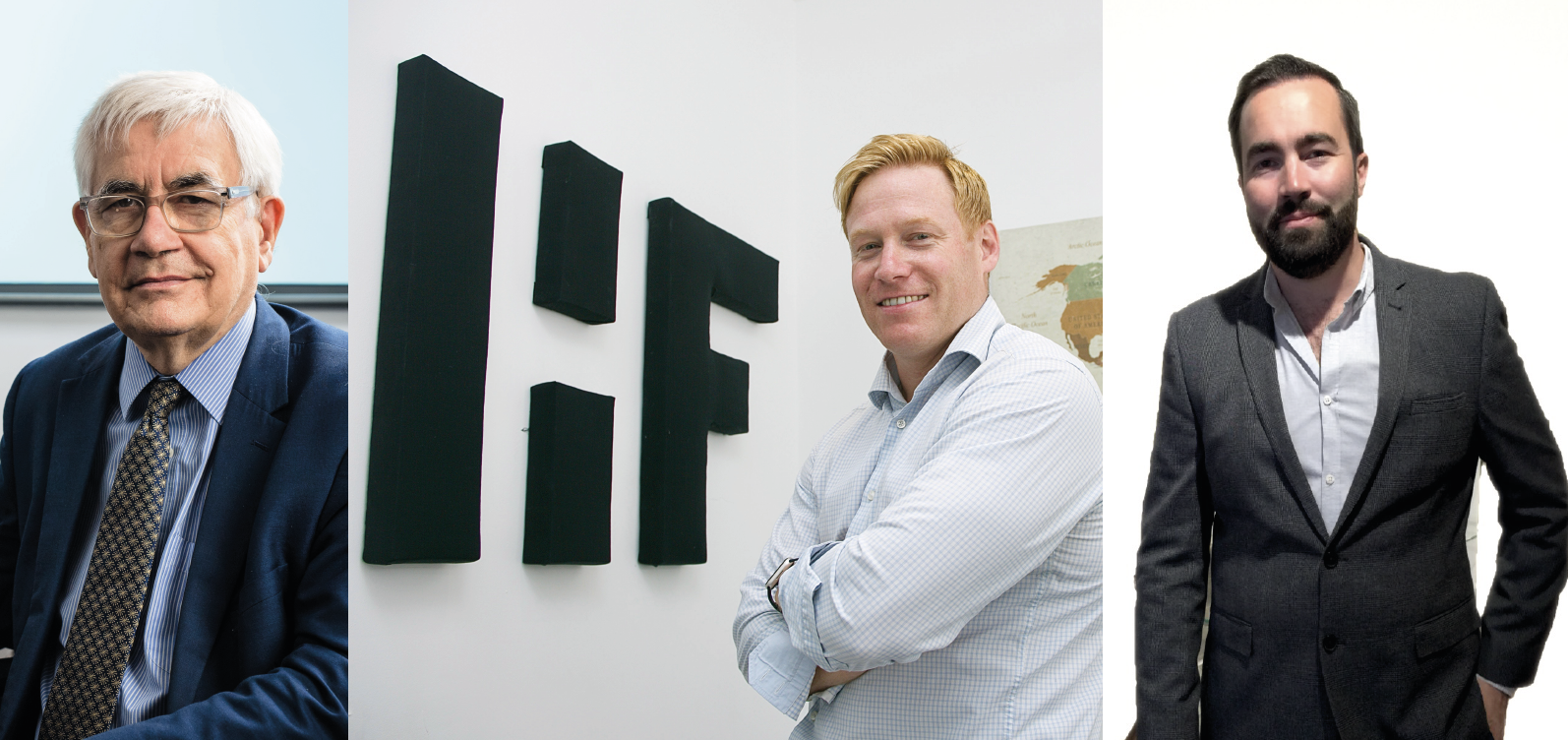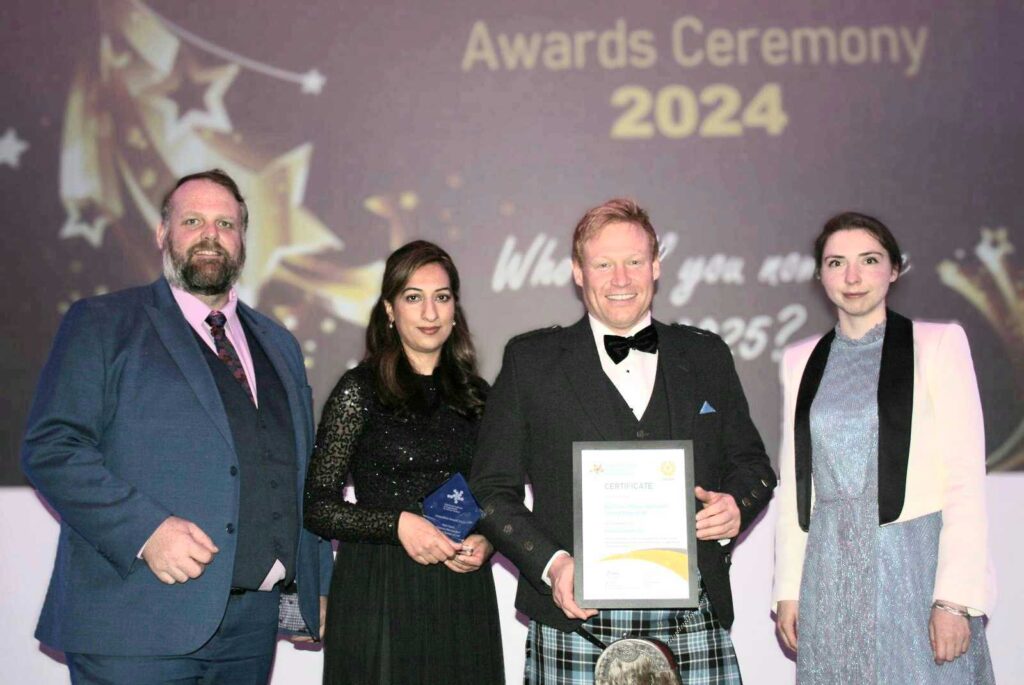Airline captain James Taylor and his consultant oncologist father Roger will work as associates of Edinburgh-based IHF to enhance its capabilities in human factors, and will set up an office in Brighton.
IHF’s team of 24 consultants and trainers around the world set out to understand and resolve what are commonly regarded as “human errors” in any system or process.
Apart from big oil and gas, trade unions are also signed up as they make risk and safety a top priority for their members in these industries.
Neil Clark, CEO, who runs IHF said: “I am really excited about partnering with James and Roger. Its testament to how far IHF have come in the last 12 years that we are bringing on board such high calibre professionals.
“Human Factors is a growing discipline in both the healthcare and aviation sectors, so it makes sense to bolster our teams’ capabilities in these areas. As an RAF pilot myself I have seen how best practice in aviation is being adopted by other sectors and the influence of human factors continues to grow exponentially in medicine”.
James Taylor has 16 years experience as an airline pilot with seven of those as a captain. He has also undertaken the training of pilots in the flight simulator.
He said: “Every time I fly a passenger airliner or train a pilot, I am reminded of how important the safety culture in the industry is, with the key focus being on implementing procedures that have human factors at their heart.
“Everyone in the industry acknowledges the importance of the strong safety culture which over the decades has developed robust processes for identifying and correcting issues which may carry even a very slight risk.
“Human factors may pose a risk in themselves or exacerbate the risk from mechanical or electronic factors. I strongly believe that airline style safety can and should be applied to all settings especially in healthcare”.
Roger has been a consultant oncologist for 35 years, planning and supervising radiotherapy and chemotherapy for patients with cancer and contributed to the “Towards Safer Radiotherapy” document.
He has been vice-president of the Royal College of Radiologists and Clinical Director for Swansea Health Board Cancer Services.
He said: “Radiotherapy is already one of the safest processes in hospital medicine, however we need to maintain our guard. Radiotherapy planning and a delivery are multistep processes requiring input from several different staff groups.
“Therefore, it is essential to mitigate the risk from any human factor which might pose a risk to safety. In healthcare circles we often talk about applying the airline industry safety culture but there is much more that could be done to implement this across organisations”.



